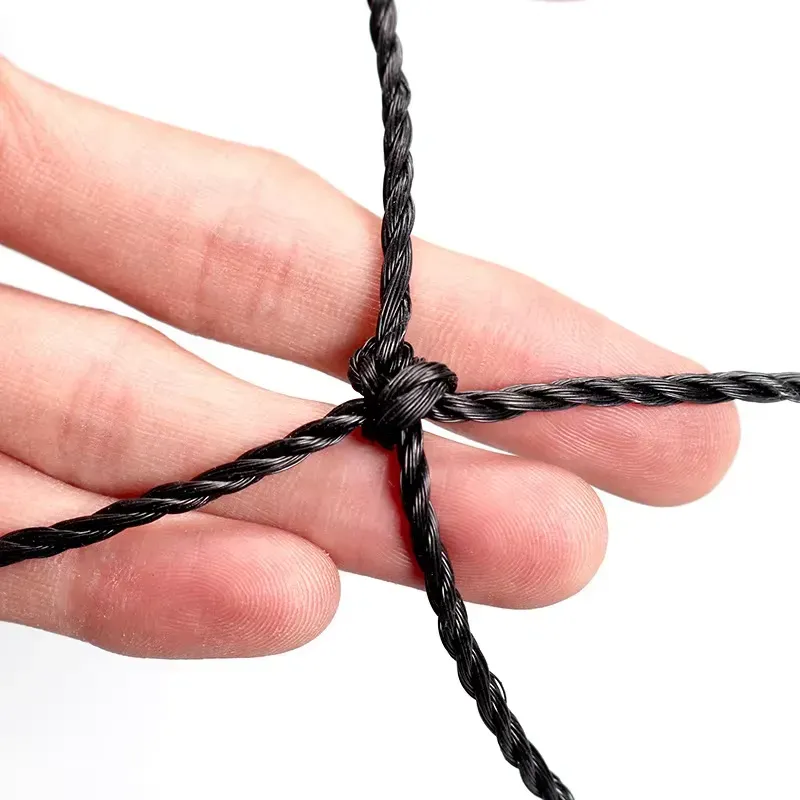-
 Afrikaans
Afrikaans -
 Albanian
Albanian -
 Amharic
Amharic -
 Arabic
Arabic -
 Armenian
Armenian -
 Azerbaijani
Azerbaijani -
 Basque
Basque -
 Belarusian
Belarusian -
 Bengali
Bengali -
 Bosnian
Bosnian -
 Bulgarian
Bulgarian -
 Catalan
Catalan -
 Cebuano
Cebuano -
 China
China -
 Corsican
Corsican -
 Croatian
Croatian -
 Czech
Czech -
 Danish
Danish -
 Dutch
Dutch -
 English
English -
 Esperanto
Esperanto -
 Estonian
Estonian -
 Finnish
Finnish -
 French
French -
 Frisian
Frisian -
 Galician
Galician -
 Georgian
Georgian -
 German
German -
 Greek
Greek -
 Gujarati
Gujarati -
 Haitian Creole
Haitian Creole -
 hausa
hausa -
 hawaiian
hawaiian -
 Hebrew
Hebrew -
 Hindi
Hindi -
 Miao
Miao -
 Hungarian
Hungarian -
 Icelandic
Icelandic -
 igbo
igbo -
 Indonesian
Indonesian -
 irish
irish -
 Italian
Italian -
 Japanese
Japanese -
 Javanese
Javanese -
 Kannada
Kannada -
 kazakh
kazakh -
 Khmer
Khmer -
 Rwandese
Rwandese -
 Korean
Korean -
 Kurdish
Kurdish -
 Kyrgyz
Kyrgyz -
 Lao
Lao -
 Latin
Latin -
 Latvian
Latvian -
 Lithuanian
Lithuanian -
 Luxembourgish
Luxembourgish -
 Macedonian
Macedonian -
 Malgashi
Malgashi -
 Malay
Malay -
 Malayalam
Malayalam -
 Maltese
Maltese -
 Maori
Maori -
 Marathi
Marathi -
 Mongolian
Mongolian -
 Myanmar
Myanmar -
 Nepali
Nepali -
 Norwegian
Norwegian -
 Norwegian
Norwegian -
 Occitan
Occitan -
 Pashto
Pashto -
 Persian
Persian -
 Polish
Polish -
 Portuguese
Portuguese -
 Punjabi
Punjabi -
 Romanian
Romanian -
 Russian
Russian -
 Samoan
Samoan -
 Scottish Gaelic
Scottish Gaelic -
 Serbian
Serbian -
 Sesotho
Sesotho -
 Shona
Shona -
 Sindhi
Sindhi -
 Sinhala
Sinhala -
 Slovak
Slovak -
 Slovenian
Slovenian -
 Somali
Somali -
 Spanish
Spanish -
 Sundanese
Sundanese -
 Swahili
Swahili -
 Swedish
Swedish -
 Tagalog
Tagalog -
 Tajik
Tajik -
 Tamil
Tamil -
 Tatar
Tatar -
 Telugu
Telugu -
 Thai
Thai -
 Turkish
Turkish -
 Turkmen
Turkmen -
 Ukrainian
Ukrainian -
 Urdu
Urdu -
 Uighur
Uighur -
 Uzbek
Uzbek -
 Vietnamese
Vietnamese -
 Welsh
Welsh -
 Bantu
Bantu -
 Yiddish
Yiddish -
 Yoruba
Yoruba -
 Zulu
Zulu
Application and Development of Nylon Screen
Nylon screen is a kind of screen made of nylon fiber, which is widely concerned because of its wear resistance, flexibility and chemical corrosion resistance. Parameters such as mesh size, thickness and tensile force of nylon screen can be customized according to actual requirements, and it is suitable for application scenarios in different aquaculture environments.

Main Characteristics of Nylon Screen
High strength and durability: nylon netting material has excellent mechanical properties, and can withstand large external forces without being damaged easily.
Strong corrosion resistance: nylon mesh is not easy to age or corrode after long-term use in water and chemicals.
Good flexibility: this feature makes it easy to operate in installation and use, reducing the risk of damage.
Fine and controllable mesh: according to the different needs of breeding species, the mesh size can be accurately adjusted to ensure applicability.
Environmental protection: nylon material has little impact on the environment and meets the requirements of sustainable development.
Common Specifications and Types of Nylon Screen
Nylon screen can be divided into monofilament nylon netting and multi-filament nylon screen. The former is made of single fiber with regular mesh, which is suitable for fine filtration requirements; The latter is interwoven with multiple fibers, which has higher strength and is suitable for high-strength or large-area use scenes.
Suggestions on the Use and Maintenance of Nylon Screen
In order to prolong the service life of nylon screen and give full play to its performance, users need to pay attention to the following points during use and maintenance:
-
Clean regularly
Long-term use of nylon mesh netting is easy to accumulate bait residue and impurities in water, which may lead to mesh blockage or bacterial growth. Therefore, it is recommended to clean once a week, use neutral detergent and rinse with clean water.
-
Avoid overstretching
Although nylon screen has good flexibility, excessive stretching may lead to mesh deformation or structural damage. During installation and use, excessive tension should be avoided.
-
Prevent chemical corrosion
Although nylon net has strong corrosion resistance, long-term exposure to chemicals such as strong acid and alkali may accelerate aging. Therefore, the use in this kind of environment should be avoided as much as possible.
-
Replace it regularly
Even in normal use, nylon screen will age with time. Generally speaking, it should be replaced every 3-5 years to ensure its function and safety.
Future Development Direction of Nylon Screen
With the continuous progress of aquaculture technology, nylon screen is also developing in the direction of higher performance and more environmental protection. For example:
Application of functional coating: Adding antibacterial and algae-proof coating on nylon screen can further improve its antifouling ability and service life.
Intelligent screen: Intelligent screen combined with sensor technology can monitor water quality and fish activities in real time and provide data support for aquaculture management.
Research and development of new materials: research and develop new nylon materials that are lighter and more durable, and improve the adaptability of screen in extreme environment.
Nylon screen plays an important role in aquaculture industry because of its excellent performance and diversified applications. It plays an irreplaceable role from improving aquaculture efficiency to optimizing environmental management. With the continuous progress of technology, the function and application scope of nylon mesh screen will be further expanded, which will inject more possibilities for the sustainable development of aquaculture industry.
-
Anti Hail Net | UV-Stable, High-Strength Orchard ShieldNewsNov.17,2025
-
Anti Bird Netting – UV-Stable, Durable, Humane ProtectionNewsNov.17,2025
-
Welded Wire - Durable, Rust-Resistant Mesh, Custom SizesNewsNov.17,2025
-
Garden Mesh Sun Shade – UV-Resistant, Durable, Custom SizesNewsNov.17,2025
-
Bird in Net Solution: Humane, UV-Resistant Bird NettingNewsNov.17,2025
-
Stainless Steel Filters: Durable, Washable, High-FlowNewsNov.10,2025











